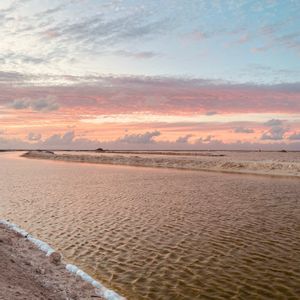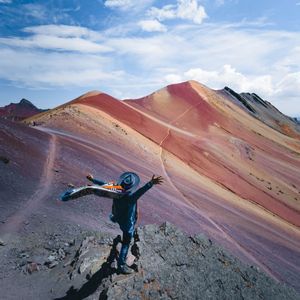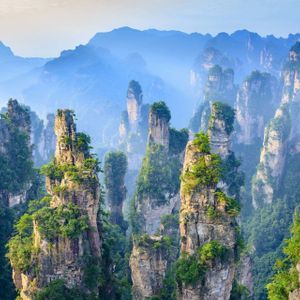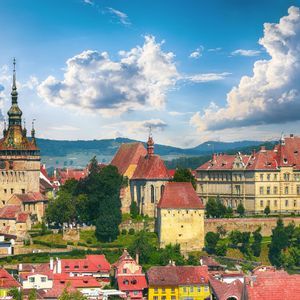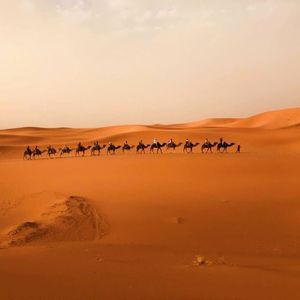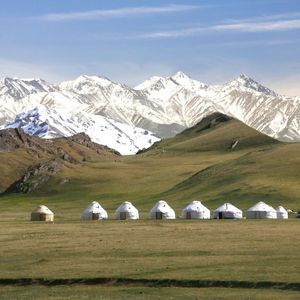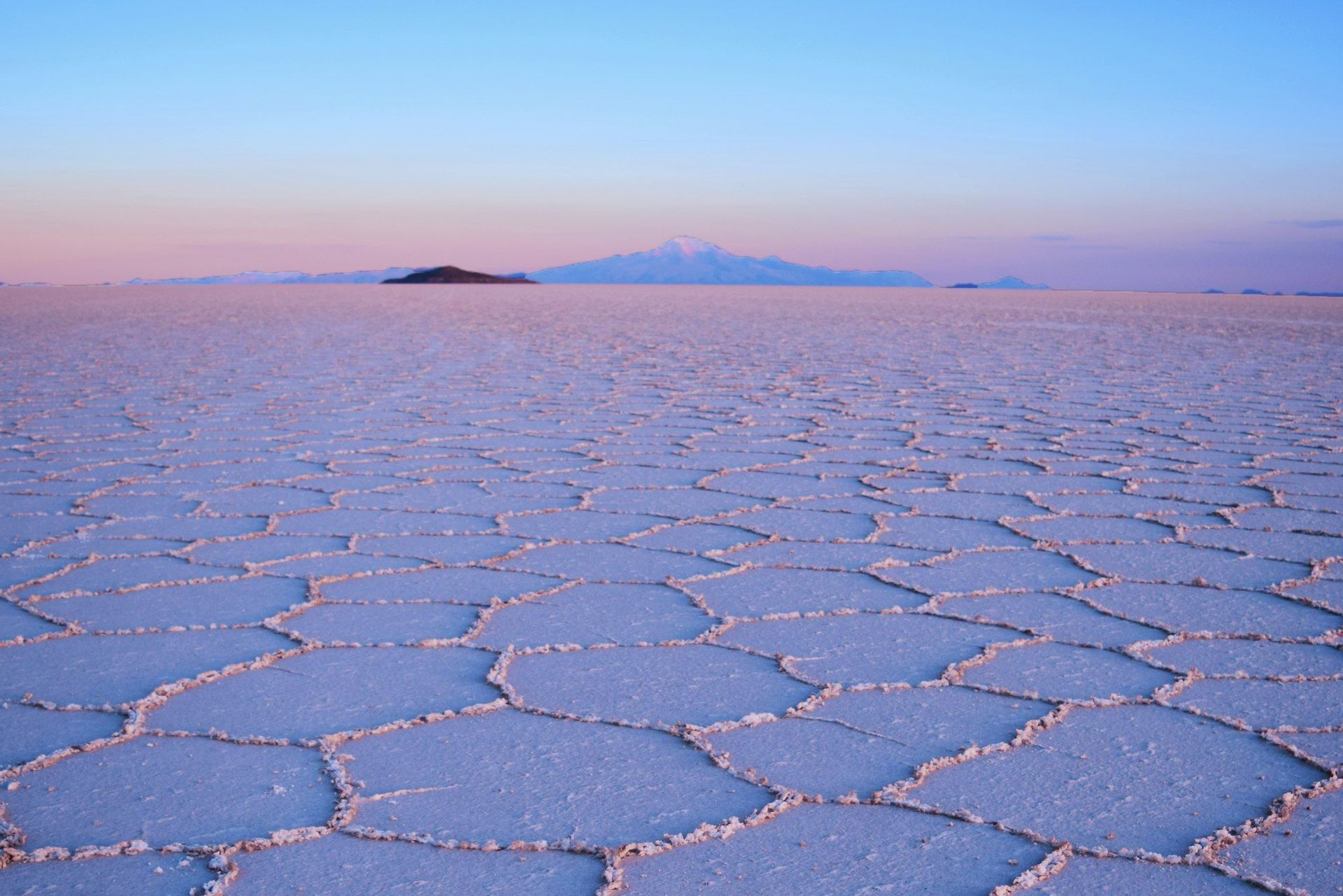
Group trips to Bolivia
Our organized trips to Bolivia
Discover Bolivia, a country where every horizon promises an unexpected spectacle, a land where the highest peaks meet the deepest Amazonian secrets, offering a vibrant mosaic of ancient indigenous cultures and breathtaking natural wonders. From the otherworldly, mirror-like expanse of the Salar de Uyuni and the bustling, high-altitude charm of La Paz, to the serene, ancient ruins of Tiwanaku and the colonial elegance of Sucre, Bolivia captivates with its unparalleled diversity. This Andean gem beckons to adventurous spirits and curious explorers, inviting them to immerse themselves in its rich tapestry of experiences and be enchanted by its unique rhythms and unforgettable landscapes.
Don’t know where to start? Our best sellers are always a good idea.
FAQs about Bolivia
If you are a UK citizen, to find out the entry requirements for Bolivia, you can check this informational page from our partner Sherpa. If you need a visa, you can apply for it through Sherpa. If you are not a UK citizen, you can still use Sherpa by changing the nationality in the 'Passport' section.
Before traveling, always remember to check the government website of your country of origin for updates on the entry requirements for Bolivia – you wouldn’t want to stay home due to a bureaucratic detail!
- UK residents: review the FCDO Travel Advice.
- US residents: consult the US Department of State Travel Advice.
- Other residents: refer to your government or local consulate's travel advice.
Bolivia operates on Bolivia Time (BOT), which is 4 hours behind Coordinated Universal Time (UTC-4). The country does not observe daylight saving time, so the time difference remains the same throughout the year. For example, if it is 12pm in the UK, it will be 8am in Bolivia. If it is 12pm on the East Coast of the USA (EST), it will be 11am in Bolivia. If you are on the West Coast (PST), 12pm there would be 8am in Bolivia.
In Bolivia, the currency used is the Bolivian Boliviano (BOB). As of the latest rates, 1 GBP is approximately 9.25 BOB, 1 USD is about 7.00 BOB, and 1 EUR is around 7.85 BOB. You can exchange currency at banks, exchange bureaus, or some hotels in major cities. Always check for the most current rates as they can fluctuate.
Credit cards, especially Visa and MasterCard, are widely accepted in cities and tourist areas, but cash is still king in Bolivia, particularly in rural areas. We recommend you carry Bolivian bolivianos for smaller purchases, markets, and local restaurants. ATMs are available in most cities, and you can withdraw bolivianos directly with a debit or credit card. Always inform your bank before traveling to avoid any issues with card transactions.
Tipping in Bolivia is not mandatory, but it is appreciated for good service. In restaurants, it's common to leave a tip of around 5 to 10 percent of the bill. For taxi drivers, rounding up the fare is a nice gesture, and for hotel staff, a small tip for housekeeping or porters is appreciated. If you're on a guided tour, consider tipping your guide a few dollars per day. Remember, tipping is always at your discretion based on the service you receive.
In Bolivia, internet access can be a bit spotty in rural areas, but it's generally available in cities and towns. Wi-Fi is common in hotels, cafes, and restaurants, though the speed can vary. Since Bolivia is not in Europe or the Schengen area, we suggest you buy a local SIM card or an e-SIM data plan for reliable mobile internet access. Providers like Tigo, Entel, and Viva offer prepaid plans. You can easily buy a SIM card at airports or convenience stores, but make sure your phone is unlocked.
In Bolivia, the official language is Spanish, but there are also 36 recognized indigenous languages, including Quechua and Aymara. Here are some useful Spanish expressions you might hear or use:
- Hello: Hola
- Please: Por favor
- Thank you: Gracias
- How much does it cost?: ¿Cuánto cuesta?
- Excuse me: Perdón
In Bolivia, you'll find Type A and Type C plugs. The standard voltage is 230 V, and the frequency is 50 Hz. If you're traveling from the UK, USA, or other European countries, it's a good idea to bring a universal adapter to ensure compatibility with your devices. This way, you can keep your gadgets charged without any hassle during your trip.
The main religion in Bolivia is Roman Catholicism, but there's also a significant number of Protestants and followers of indigenous beliefs. Religious festivals are an essential part of Bolivian culture, with Semana Santa (Holy Week) and Día de Todos los Santos (All Saints' Day) being particularly important. Keep in mind that these events may affect opening hours and transportation, so plan accordingly.
Packing for Bolivia is about being prepared for diverse climates and activities, from the Andes to the Amazon. Here's what you should consider putting in your backpack:
-
Clothing:
- Lightweight t-shirts
- Long-sleeve shirts for sun protection
- Warm sweaters or fleeces for cooler areas
- Waterproof jacket
-
Shoes:
- Comfortable walking shoes
- Hiking boots for treks
- Sandals for casual outings
-
Accessories and Technology:
- Sunglasses and hat for sun protection
- Power bank for charging devices on the go
- Universal adapter for charging electronics
-
Toiletries and Medication:
- Basic toiletries like toothbrush and shampoo
- Sunscreen and insect repellent
- Common travel medication like pain relievers, antidiarrheals, and altitude sickness tablets.
Prepare for the altitude in places like La Paz and bring layers for the varying temperatures.
The weather in Bolivia varies greatly depending on the region due to its diverse geography. Here's a quick breakdown:
- Altiplano (La Paz, Potosí): Cool and dry, especially from May to October, which is the best time to visit as it's the dry season.
- Amazon Basin (Riberalta): Hot and humid year-round, with the rainy season from November to March.
- Central Valleys (Cochabamba): Mild climate, with temperatures ranging from 17-27°C (63-81°F), making it pleasant most of the year.
For overall pleasant weather, aim for May to October when conditions are generally drier across the country.
